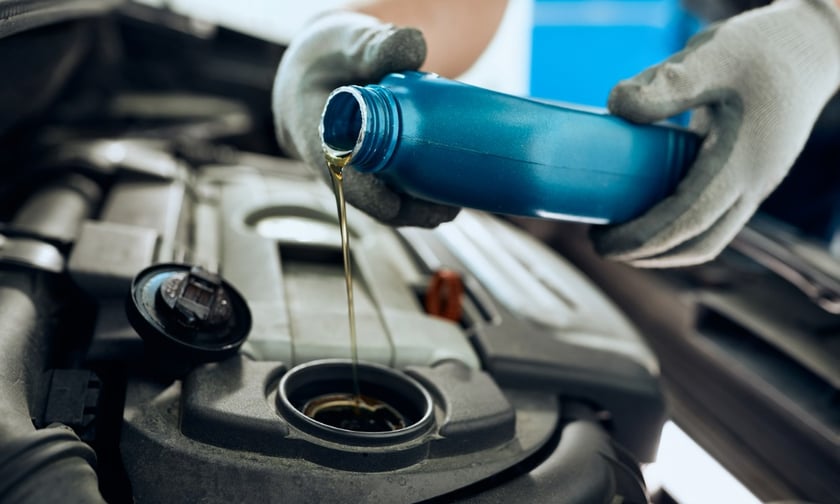

Australia’s insurance and collision repair industries are gearing up to review and provide input on a revised Motor Vehicle Insurance and Repair Industry Code of Conduct, with a draft expected to be released for consultation in early 2025.
of Conduct, with a draft expected to be released for consultation in early 2025.
The draft update, prepared by MST Lawyers under the direction of the Code of Conduct Administration Committee (CAC), will be accompanied by consultation questions to facilitate industry engagement and gather feedback.
CAC chair George Manos (pictured) said the draft reflects extensive feedback received during earlier stages of the review and aims to address key concerns raised by stakeholders.
“As a committee, our goal was to have a draft document out to industry this year. While we are very close to finalising it, we have recognised the importance of carefully working through each element of the code to closer align both sides,” he said.
He added that the CAC has worked to ensure the draft is both practical and responsive to concerns highlighted throughout the review process.
The CAC has incorporated contributions from the Australian Motor Body Repairers Association (AMBRA) and has held regular meetings to assess and refine the draft.
Industry bodies such as the Insurance Council of Australia (ICA) and the Motor Trades Association of Australia (MTAA) will also have the opportunity to review the draft alongside explanatory notes detailing the proposed changes.
In December 2022, the CAC appointed Dr Michael Schaper to conduct an independent review of the code.
Schaper’s final report, delivered in May 2023, included 15 recommendations aimed at improving the code’s governance and operation.
The recommendations focused on areas such as dispute resolution, compliance, governance structures, and raising awareness of the code. The review involved input from a wide range of stakeholders, including industry representatives, government agencies, and regulatory bodies.
Since its introduction in 2006, the code has undergone several updates to adapt to industry developments, with the last major revision completed in 2017.
Meanwhile, in a bid to address workforce shortages, the Australian government has added nine automotive trades to the Core Skills Occupation List (CSOL), allowing skilled workers to apply for migration under the Skills in Demand and Employer Nomination Scheme (subclass 186) visas.
Effective Dec. 7, the updated CSOL includes critical roles such as diesel mechanics, automotive electricians, and panel beaters.
The revisions are part of broader efforts to address labour shortages in sectors facing high demand for specialised skills.
